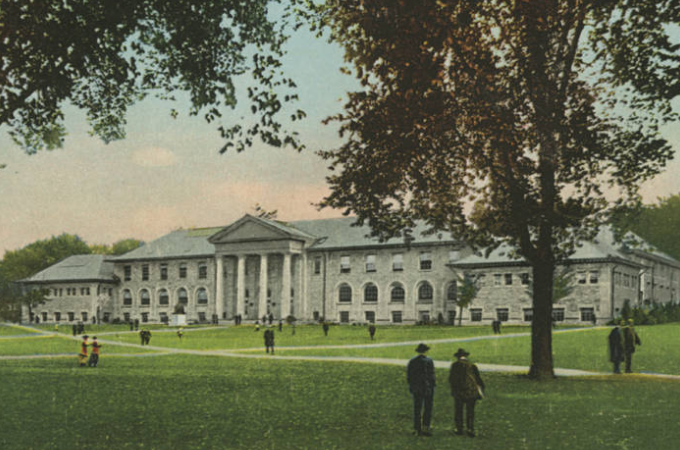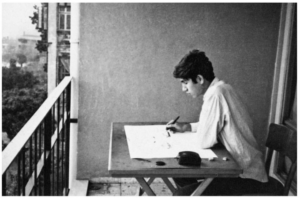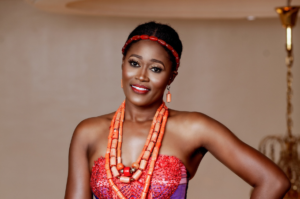
A historical change, one that we believe will impact other English departments in the US and the West in general, happened during our first 2020-2021 academic year English faculty meeting. The confluence of the double pandemics of Covid-19 pandemic and racism, along with the worldwide demands for decolonized institutions led us to vote to change our name from the narrow Department of English, to the more embracing Department of Literatures in English. The name change captures the fact that within the US and globally there are multiple literatures and many ‘englishes.’
Out of a feeling of helplessness and a desire to do something transformative, a proposal was drafted by faculty of color in the Department. Soon, a groundswell of faculty offered support by signing the document with over 75% of the faculty endorsing this move.
A more immediate context was the University President, Martha E Pollack’s call, following the public killing of George Floyd (and in line with many other universities) that we challenge systemic racism and create a more equitable and fair university, as well as a Student Movement #DoBetterCornell asking the university to meet its founding motto of “Any Person…Any Study.”
At the same time, on the back heel of the double pandemic are the alarming statistics revealed by University commissioned studies on diversity. As they stand, they reflect a troubling absence of diversity and inclusivity. 80.3% of Cornell faculty are white, 6.2% Asian, 3.2 % Black or African American, 3.2% Hispanic/Latino, and 0.1% Native Hawaiian or Other Pacific Islander. Significantly, the American Indian and Indigenous Studies Program (AIISP) has documented that Cornell University’s site rests on Cayuga Indian territory while there is 0.2% American Indian or Alaska Native representation amongst the faculty.
Outside of statistics, our feeling was that a colonial monument has been hiding in plain sight in American universities. English departments, organized to advance the culture, literature and history of the British empire still exist in American universities as they do all around the world where British colonialism has existed. While these departments have been transformed over time by the addition of selected courses and faculty in order to achieve some diversity, the basic structures of these departments have remained the same even as the countries in which they exist – including the United States – have long declared independence. In American universities, these departments are still oriented to favor British literature even as their faculty and course offerings have changed. These questions have been similarly raised in universities in England such as Cambridge and Leeds Universities.
All in all, the name ‘English Department’ no longer reflects our diverse fields of study – even those still in the margins of the English canon. Our Department now offers courses in Enlightenment, Romanticist, Modernist and Post-Colonial literatures; Caribbean, African, African Diasporic, Native American, African American, Latin American, Chicanx, LatinX, LGBTQ, Indian, Asian diasporic and Asian American. Literature in translation and many others using literary theories and concepts from all over the world. Within fields traditionally associated with English literature, scholars of both Romanticism and Medieval Studies have keenly recognized that multiple diverse voices and histories were involved in shaping those areas of study. What we want is to have a department that lives up to our lived reality. There is no room for a singular English literature.
We are not asking for other fields to be defunded at the expense of centering diverse scholars and their scholarship, we are simply asking for equality. For how can a department expect to become an incubator of Caribbean, African American, or African scholarship if it has only one scholar working on vast fields? How do we incubate ideas and develop them without clusters of people working in the same field? Our students, in an increasingly shrinking job market made worse by the pandemic need to be well grounded in their fields and their global dimensions.
And why not be part of decolonization histories happening in global south spaces? As early as 1968, the English Department of the University of Nairobi, Kenya renamed itself the Department of Literature, led by African author and Nobel Prize contender, Ngugi wa Thiong’o. And in academic terms, intertextuality is the bread and butter of literature where writers from all spaces, Western and Global South influence each other. Issues of decolonization are continuous and as we see with the taking down of statues, it is a steady process to social transformation.
Hearkening back to our institution’s motto, we believe we are honoring a pledge that a visionary Ezra Cornell made for the university when he said in his 1868 inaugural address; ‘I would found an Institution where any person could find instruction in any study.’
********
*Carole Boyce Davies is the H.T. Rhodes Professor of Humane Letters and Professor of Africana Studies and English at Cornell University.
* Mukoma Wa Ngugi is the author of The Rise of the African Novel: Politics of Language, Identity and Ownership (UoM Press, 2018) and an associate professor of English at Cornell University.









Department of Literatures in English Plans to Change Major Requirements – findnews.com May 14, 2021 01:39
[…] department’s new name as part of broader University efforts to promote anti-racist values and “decolonize” the […]